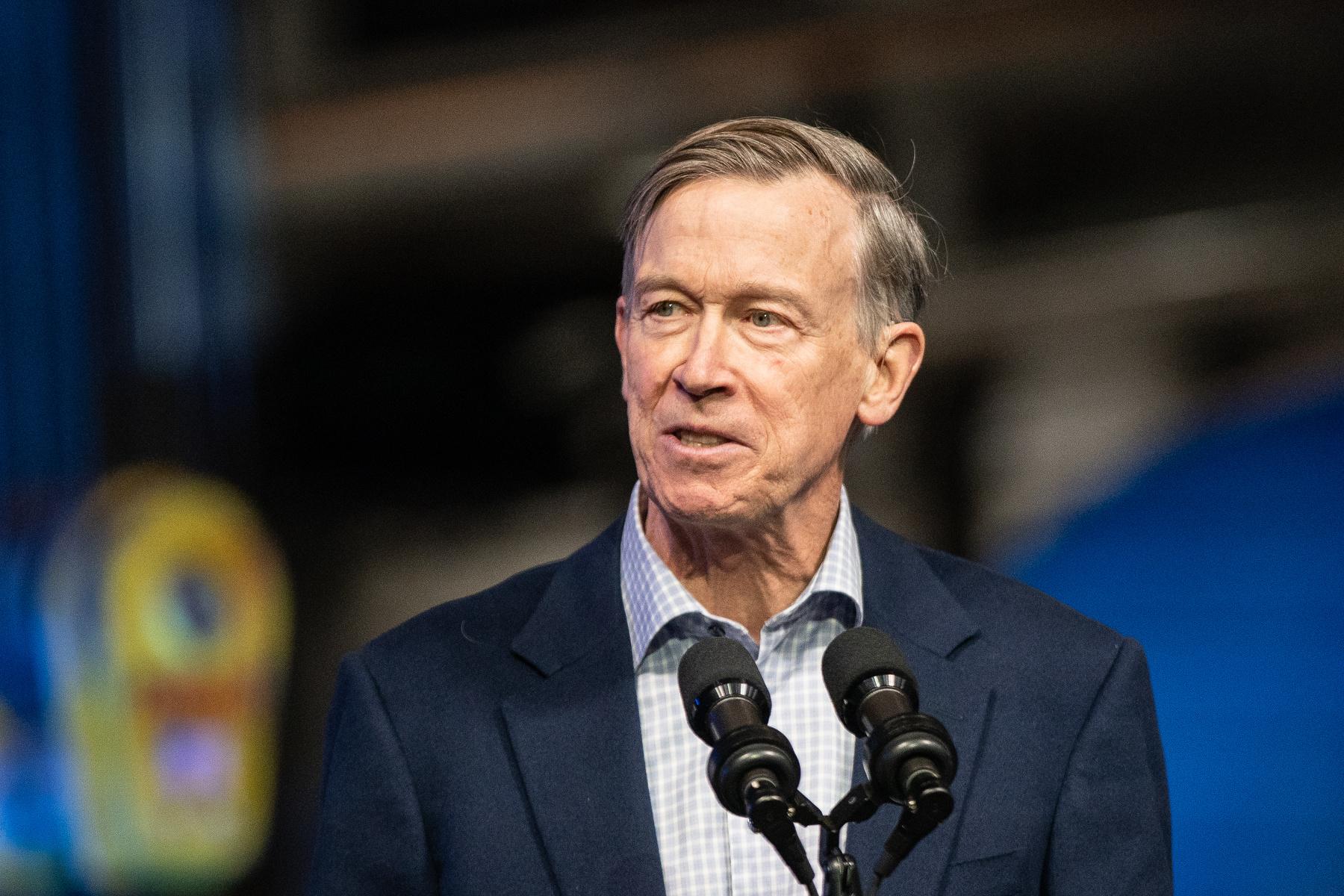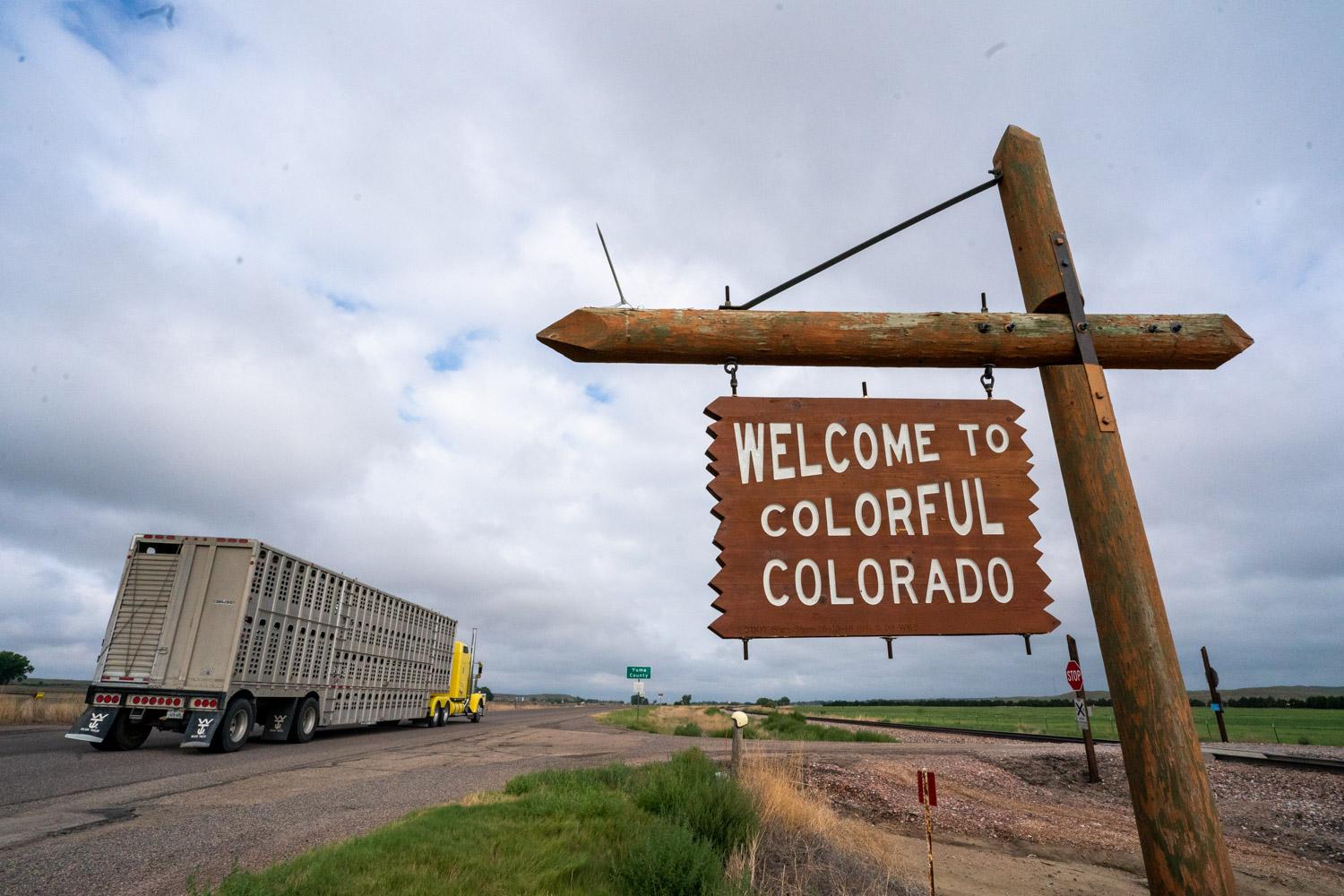
Updated on July 31 at 8:11 a.m.
For the first time since nearly the dawn of social media, the Senate passed a bill to protect kids from the potential harms of online platforms.
The bill passed 91-3, with Colorado Sens. Michael Bennet and John Hickenlooper both voting in favor.
“There’s been no partisan divide, really people have been quibbling about the details — trying to make it better and better — which I agree with,” Hickenlooper told CPR News. “It was time to pass it.”
In a statement, Bennet noted that youth mental health is at an all-time low and social media is not helping.
“This bill takes significant steps in safeguarding our children’s mental health and privacy, but we must do more to hold tech companies accountable for their platforms’ harmful effects,” he said.
The bill package is actually made up of two pieces of bipartisan legislation.
The first is the Kids Online Safety Act (KOSA), introduced by Connecticut Sen. Richard Blumenthal and Tennessee Sen. Marsha Blackburn. Hickenlooper was an original cosponsor of the bill. It’s also supported by a number of families whose kids were harmed by different social media platforms.
KOSA would require social media companies to give minors options to protect their information and disable addictive features, with the strongest privacy settings set as the default for younger users. It also gives parents new controls to protect their kids and creates a duty of care that would require companies to take reasonable steps to prevent harm from the use of their platforms.
Lori Schott of Sterling traveled to the Capitol earlier this year to implore lawmakers to do more as five CEOs testified about social media and child safety. Schott’s 18-year-old daughter, Annalee, died by suicide and she only learned afterwards the extent to which social media negatively impacted her daughter’s mental health.
“This is a historic moment for families who have lost their children to online harms. Passing the KOSA is a first step to saving other families from the excruciating pain of losing a child to online harms,” she said in a text. “Social media continues to put profit before the safety of children, but today we say no more. This bill makes big tech design platforms that give parents and kids a choice in shaping their experiences online.”
Schott urged the House to pass the bill.
Some groups, however, oppose KOSA because of concerns it could violate the First Amendment.
Hickenlooper said it’s a legitimate issue, but the legislative package accommodates free speech worries to a large extent. “The risk to so many kids remains great, all kids — trans kids, everybody — if we leave the status quo.”
The second piece of legislation in the package is the Children and Teens’ Online Privacy Protection Act. Known as COPPA 2.0, it’s an update to the Children’s Online Privacy Protection Act first passed in 1998, which strengthens protections on the collection and disclosure of personal information of kids and teens.
There are bipartisan companion measures for both COPPA 2.0 and KOSA in the House. And the Senate is hoping that its overwhelming support will pressure that chamber to take them up, but that is not always the case.
The House is on recess until September 9, so it will not act on the issue anytime soon.
House Speaker Mike Johnson said he looks forward to “reviewing the details” of the bill.
“Parents should have greater control and the necessary tools to protect their kids online. I am committed to working to find consensus in the House,” he said in a statement.
However, this will only be one of many priorities when both chambers return in September. Congress will also be facing a government funding deadline that could also delay bringing the bill to the House floor for a vote.









